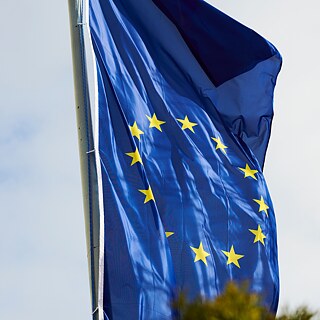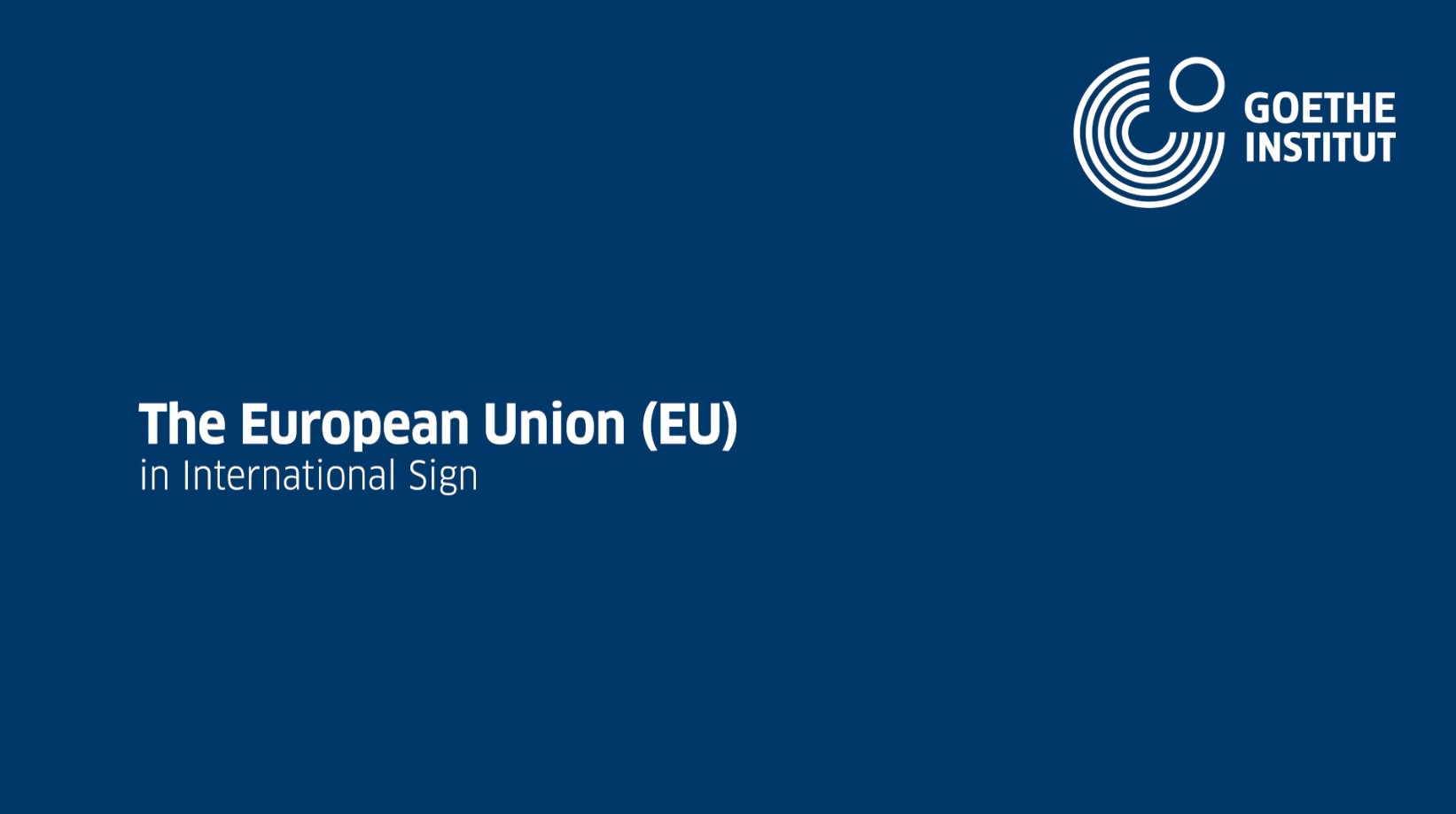សហភាពអឺរ៉ុប (EU)
រដ្ឋបាល
មាន 24 ភាសាផ្លូវការ។ ឯកសារ និងព័ត៌មានរបស់សហភាពអឺរ៉ុបទាំងអស់ត្រូវបានសរសេរជាភាសាទាំងនេះ។ សម្រាប់ EU ដំណើរការ មានស្ថាប័នសំខាន់ៗ៖ សភាអឺរ៉ុប គណៈកម្មការអឺរ៉ុប ក្រុមប្រឹក្សាសហភាពអឺរ៉ុប និងផ្សេងៗទៀត។
ប្រវត្តិ
សហភាពអឺរ៉ុបបានចូលជាធរមានបន្ទាប់ពីសង្គ្រាមលោកលើកទីពីរ។ ប្រទេសអាល្លឺម៉ង់ និងប្រទេសចំនួនប្រាំផ្សេងទៀត បានបង្កើតសហគមន៍អឺរ៉ុបដំបូងគេនៅឆ្នាំ 1951។ ពួកគេចង់បានសេដ្ឋកិច្ចខ្លាំងនៅអឺរ៉ុប។ សហភាពអឺរ៉ុបបានផ្លាស់ប្តូរតាំងពីពេលនោះមក។ មានរូបិយប័ណ្ណទូទៅមួយគឺ ប្រាក់អឺរ៉ូ ចាប់តាំងពីឆ្នាំ 2002 ។ នៅក្នុងប្រទេសចំនួន 20 នៃសហភាពអឺរ៉ុប ប្រជាជនបង់ប្រាក់ជាមួយនឹងប្រាក់អឺរ៉ូ។
គោលដៅ និងតម្លៃ
សហភាពអឺរ៉ុបគឺជាសហគមន៍មួយដែលមានតម្លៃរួម។ នេះរួមមានសន្តិភាព ប្រជាធិបតេយ្យ សេរីភាព និងសមភាពសម្រាប់មនុស្សគ្រប់រូប។ តម្លៃបង្ហាញយើងពីអ្វីដែលត្រូវ និងអ្វីខុស។ ពួកគេជួយយើងធ្វើរឿងត្រឹមត្រូវ។
ជាឧទាហរណ៍ គោលដៅរបស់ EU រួមមានការការពារបរិស្ថាន និងការពង្រឹងសេដ្ឋកិច្ច។ ប្រជាជននៅអឺរ៉ុបគួរតែធ្វើបានល្អ។ មនុស្សគ្រប់រូបគួរត្រូវបានប្រព្រឹត្តដោយស្មើភាព មិនថាបុរសឬស្ត្រី មកពីណា ឬសាសនាអ្វីនោះទេ។
មានស្ថាប័នព្យាបាលស្មើគ្នានៅក្នុងសហភាពអឺរ៉ុប។ នាងធ្វើឱ្យប្រាកដថាអ្នករាល់គ្នាត្រូវបានប្រព្រឹត្តដោយស្មើភាពគ្នា។ គ្មាននរណាម្នាក់គួរត្រូវបានរើសអើងឡើយ ឧទាហរណ៍ ដោយសារប្រភពដើម សាសនា ភេទ ឬពិការភាពរបស់ពួកគេ។ ការិយាល័យព្យាបាលស្មើគ្នាជួយមនុស្ស។ ព័ត៌មាន និងដំបូន្មានមានជាភាសាផ្សេងៗគ្នា។
បំលាស់ទីនៅក្នុងសហភាពអឺរ៉ុប
ប្រជាជននៅក្នុងសហភាពអឺរ៉ុបអាចធ្វើដំណើរបានយ៉ាងងាយស្រួលពីប្រទេសមួយទៅប្រទេសមួយទៀត។ ប្រសិនបើអ្នកមកពីប្រទេសសហភាពអឺរ៉ុប អ្នកអាចផ្លាស់ទីដោយសេរីនៅក្នុងសហភាពអឺរ៉ុប។ អ្នកក៏អាចរស់នៅ ធ្វើការ ឬសិក្សានៅប្រទេស EU ផ្សេងទៀត។
តើអ្នកមកពីប្រទេសដែលមិនមែនជាផ្នែកនៃសហភាពអឺរ៉ុបទេ? បន្ទាប់មកអ្នកគឺជាជនជាតិទីបី។ អ្នកក៏អាចធ្វើដំណើរ រស់នៅ និងធ្វើការនៅក្នុងសហភាពអឺរ៉ុបផងដែរ។ ប៉ុន្តែមានច្បាប់ពិសេសសម្រាប់រឿងនេះ។ ឧទាហរណ៍ អ្នកត្រូវការប័ណ្ណស្នាក់នៅសម្រាប់ប្រទេសជាក់លាក់មួយនៅក្នុងសហភាពអឺរ៉ុប។ អ្នកត្រូវតែរស់នៅទីនោះច្រើនឆ្នាំ ហើយអាចមើលថែខ្លួនឯងបានល្អ។ បន្ទាប់មកអ្នកអាចស្នើសុំការអនុញ្ញាត។ ជាមួយនឹងការអនុញ្ញាតនេះ អ្នកក៏អាចផ្លាស់ទីទៅប្រទេសផ្សេងទៀតនៃសហភាពអឺរ៉ុបផងដែរ។

